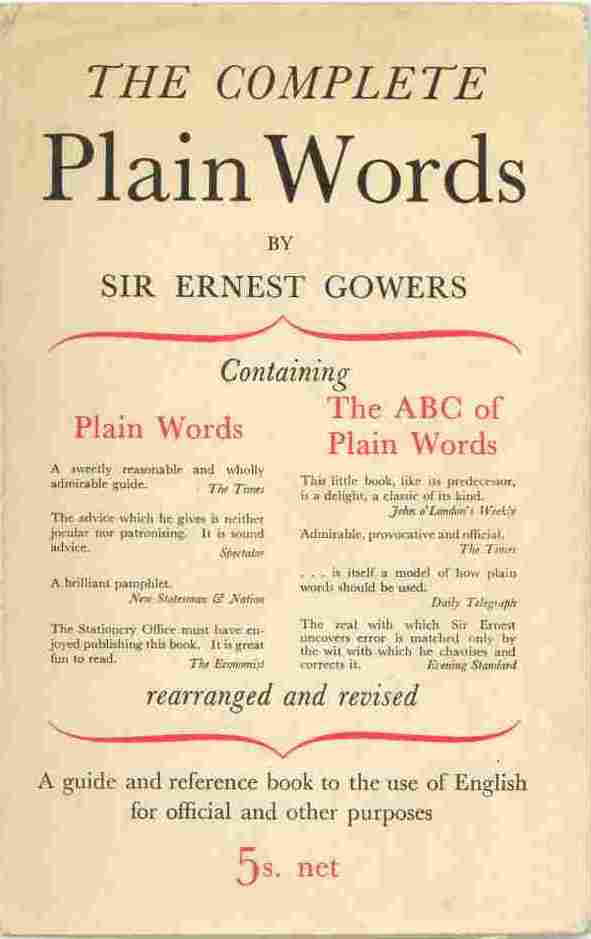SOCIALIZE
(intransitive verb) “to participate actively in a social group”
(transitive verb) “1: to make social; especially : to fit or train for a social environment; 2a : to constitute on a socialistic basis <socialize industry>; b : to adapt to social needs or uses; 3: to organize group participation in <socialize a recitation>”
– Merriam-Webster Dictionary
Socialize, as you can see above, bears several definitions. The most widespread is the first one listed: “to participate actively in a social group” — to parlay, mingle, visit, hang with the posse. But there is a very strange use in the corporate world that essentially equates socialize with disseminate [information]: “Beth, would you please socialize the meeting notes?” In some cases, the context of discussion is present: “Let’s socialize the proposal requirements and circle back.”
Some will argue (don’t they always?) that this meaning comports with the third transitive verb definition above. I think this use of socialize is jarring because, first, it is still rare and therefore does not bear the spark of familiarity, and second, there are two other well-known definitions for socialize that crash against the corporate definition: the abovementioned “to participate actively in a social group” and the more sinister “to constitute on a socialistic basis,” meaning to appropriate a private enterprise and place it under government control. You still want to socialize that profitable startup concept?
Socialize as a synonym for “disseminate,” “discuss,” or “make widely known” is not new, but it’s still awkward and causes confusion. Avoid this usage at all costs, even if your pipeline is social media. And read this column on the word by the New York Times‘ Ben Zimmer. Then feel free to socialize among yourselves.
– Otto E. Mezzo
See also: Socialism
References: http://www.nytimes.com/2010/04/04/magazine/04FOB-onlanguage-t.html?ref=on_language&_r=0






